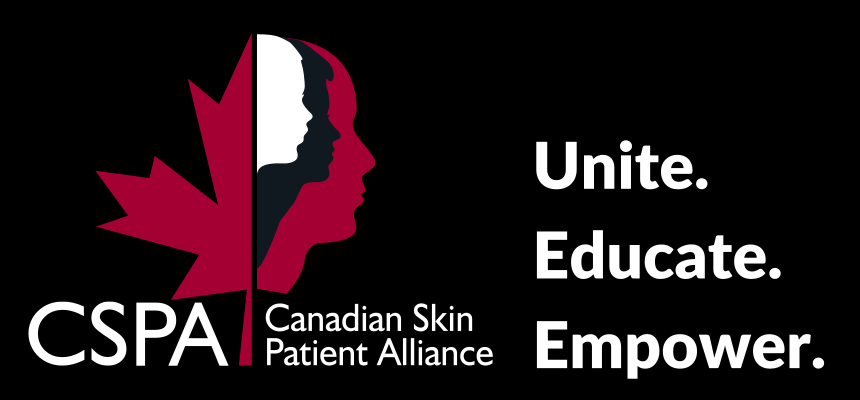Coping and Support
Our facial appearance affects how we feel about ourselves and how we interact with others. Therefore, the noticeable skin changes on the face common in rosacea can have a profound long-term effect on a person’s quality of life by causing low self-esteem, embarrassment, frustration and sadness.
The flushing associated with rosacea can be especially embarrassing since it can be unpredictable and severe, and the permanent reddening of the face can make patients worry that they are perceived as heavy drinkers. Older men, whose noses become bigger and knobby, may feel ashamed and avoid being seen in public. The impact of this disease should not be underestimated by friends and family members.
However, the good news is that the symptoms associated with rosacea typically disappear as the condition is brought under control. Avoiding anything that triggers your rosacea and sticking to the long-term treatment plan prescribed by your doctor are vital strategies for coping with this condition and eventually getting relief from its physical and emotional effects.
That being said, seeking social support can help people manage the emotional aspects of rosacea.
Visit the Acne and Rosacea Society of Canada to get support, information and advice from other people with rosacea.
A Patients Story:

Click here to read Cathy's Story - a nurse who has lived with rosacea for decades.











